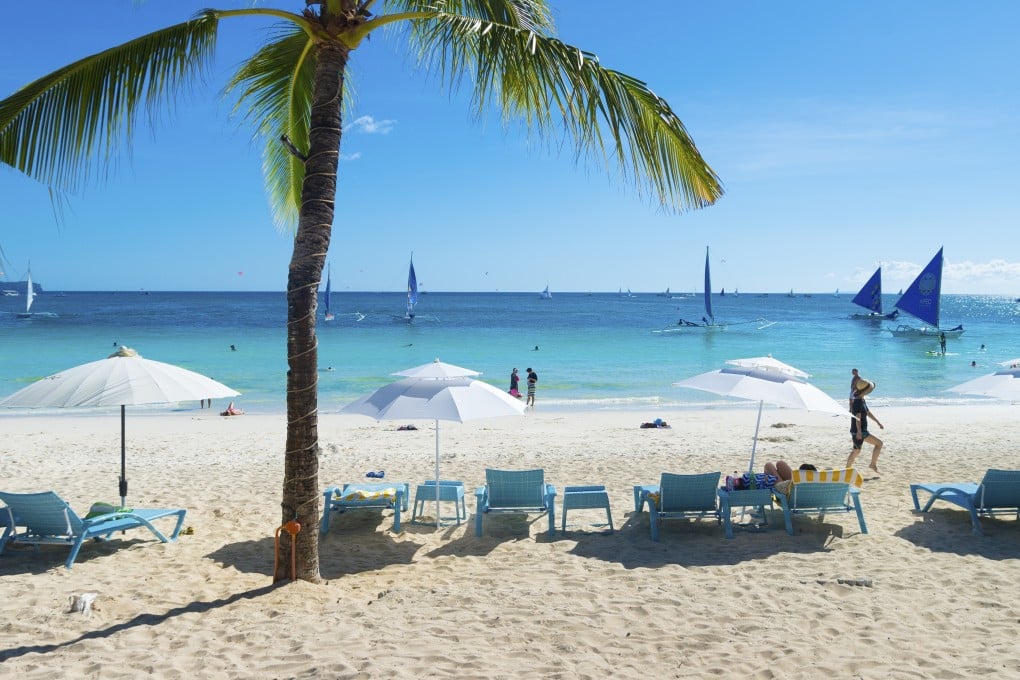Advertisement
Hit by coronavirus, Philippine beach resorts target local long-stay tourists, digital nomads
- Resorts in popular destinations like Boracay and Palawan have had to look closer to home to survive after the Covid-19 pandemic decimated tourism
- There is even a new online booking platform for resorts offering monthly packages that will allow guests to continue working while at the beach
Reading Time:3 minutes
Why you can trust SCMP
3

When the Philippine government started allowing local beach resorts to reopen to domestic tourists late last year, Evanika Makabali, a full-time graphic designer, was one of the first to book an extended stay.
“Being a travel junkie during a pandemic is really hard,” Makabali said. “I needed a breather.”
So to celebrate her 30th birthday in January, Makabali spent two weeks at a resort in Zambales, a coastal town north of Manila. While she spent most of her mornings working and attending Zoom meetings, her focus in the afternoons turned to surfing, followed by nights melting her worries away with a bottle of cold beer.
Advertisement
Makabali is part of the small but growing market of long-stay tourists that Philippine resorts have been trying to attract since they restarted operations. Like many industries, local tourism was poised to have one of its best years yet in 2020 until the Covid-19 pandemic hit, bringing most businesses in the country to a standstill.

Advertisement
In 2019, the tourism industry contributed 13 per cent to the country’s GDP. International tourist arrivals totalled 7.1 million, with those from South Korea and China leading the pack. In 2020, however, that number dropped 81 per cent.
Advertisement
Select Voice
Choose your listening speed
Get through articles 2x faster
1.25x
250 WPM
Slow
Average
Fast
1.25x